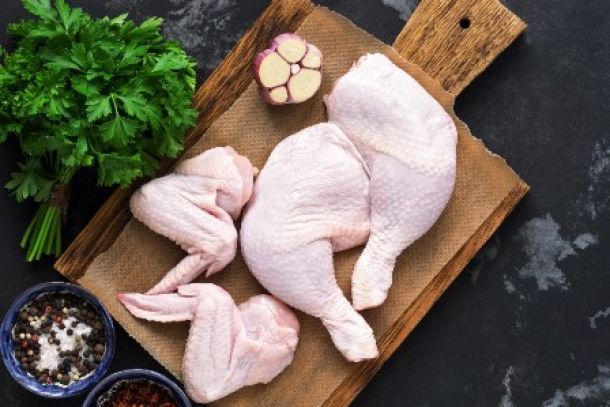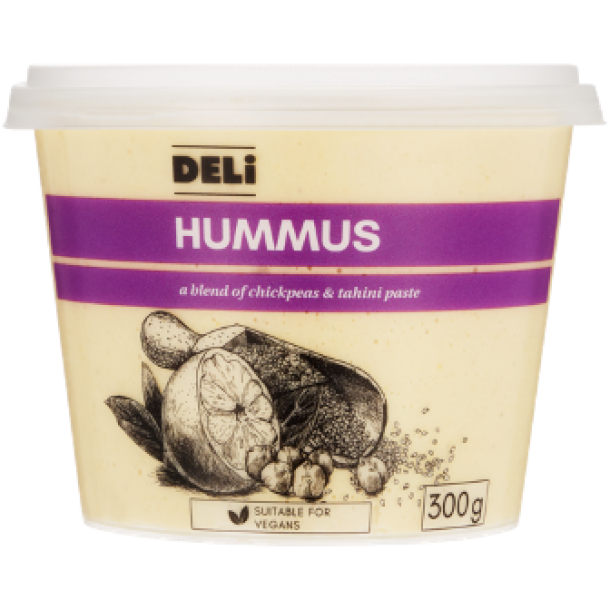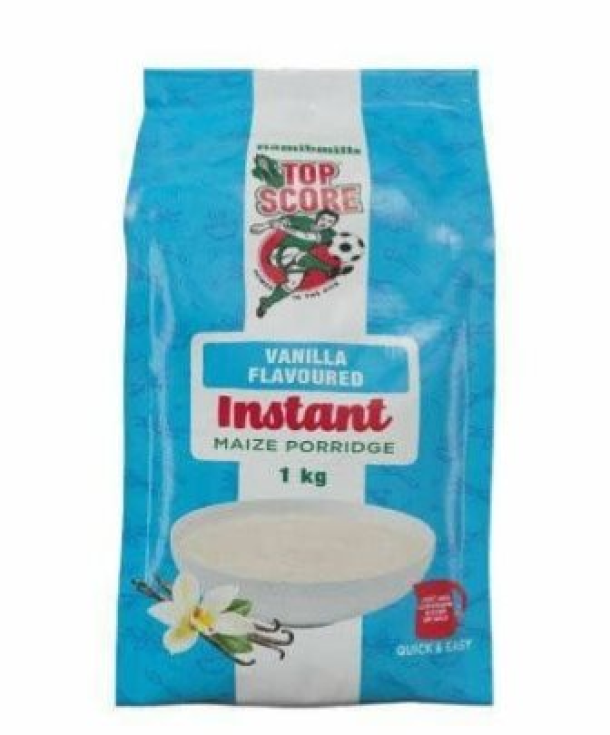There is a case to introduce a R10 coin in South Africa
Research commissioned by the South African Reserve Bank (SARB) shows that there is an economic case for introducing a R10 coin in South Africa – however, there are concerns about uptake from the public, says Pradeep Maharaj, the central bank’s chief operating officer.
Staff Writer | Business Tech
Maharaj told CapeTalk that the ultimate decision to introduce a new coin lies with the Reserve Bank, with one of the key considerations being the face value of the note versus the cost of producing it – known as its ‘seigniorage’.
Other factors the SARB considers include:
The buying power of the rand;
The general trend of inflation of the rand;
The public’s perception around the use of coins and notes;
The general appetite for the introduction of a new note or coin.
Maharaj said that research conducted by the Reserve Bank over the course of 2020 surveyed both the informal sector and the informal sector on the appetite for a R10 coin. This included discussions with everyone from taxi drivers, to retailers and the country’s major banks, he said.
“What the research has shown is that, whilst there is an economic case to introduce a new coin, there is no appetite from the users of notes and coins for a R10 coin in South Africa.
“Therefore for the foreseeable future, we do not believe it is appropriate to introduce a R10 coin. Interestingly, the same study has shown that apart from the formal retail sector, no one else supports the idea of a 10 cent or 20 cent coin.”
Maharaj said that the Reserve Bank slowly started phasing out 5 cent coins in 2012, however, these are still legal tender. He added that a similar gradual phasing out would have to be made with the 10 cent and 20 cent coins, but that no formal decision had yet been made.
Notes in circulation
In a separate note published on Tuesday (28 September), the Reserve Bank outlined the current notes and coins in circulation in South Africa.
The central bank noted that since the onset of the Covid-19 pandemic, it has responded to increased demand from the public for higher-value banknotes.
The SARB increased the total value of banknotes and coins in issue and in circulation outside of the SARB by 14.2% from March 2020 to December 2020, with the higher-value R100 and R200 banknotes increasing by 25.3% and 17.8% respectively.
However, as the pandemic-related lockdown restrictions became less severe, the banknotes and coin liability of the SARB contracted by 8.1% from December 2020 to June 2021, with the R100 and R200 banknotes decreasing by 10.8% and 6.6% respectively, it said.
News Category
- International retailers
- On the move
- Awards and achievements
- Legislation
- Wine and liquor
- Africa
- Going green
- Supplier news
- Research tools
- Retailer trading results
- Supply chain
- Innovation and technology
- Economic factors
- Crime and security
- Store Openings
- Marketing and Promotions
- Social Responsibility
- Brand Press Office
Related Articles

Eskort is celebrating 107 years

UK poultry industry as exports to South Africa ...

Playful bubble tea shops launch in selected Che...

Consumer Commission launches investigation into...


